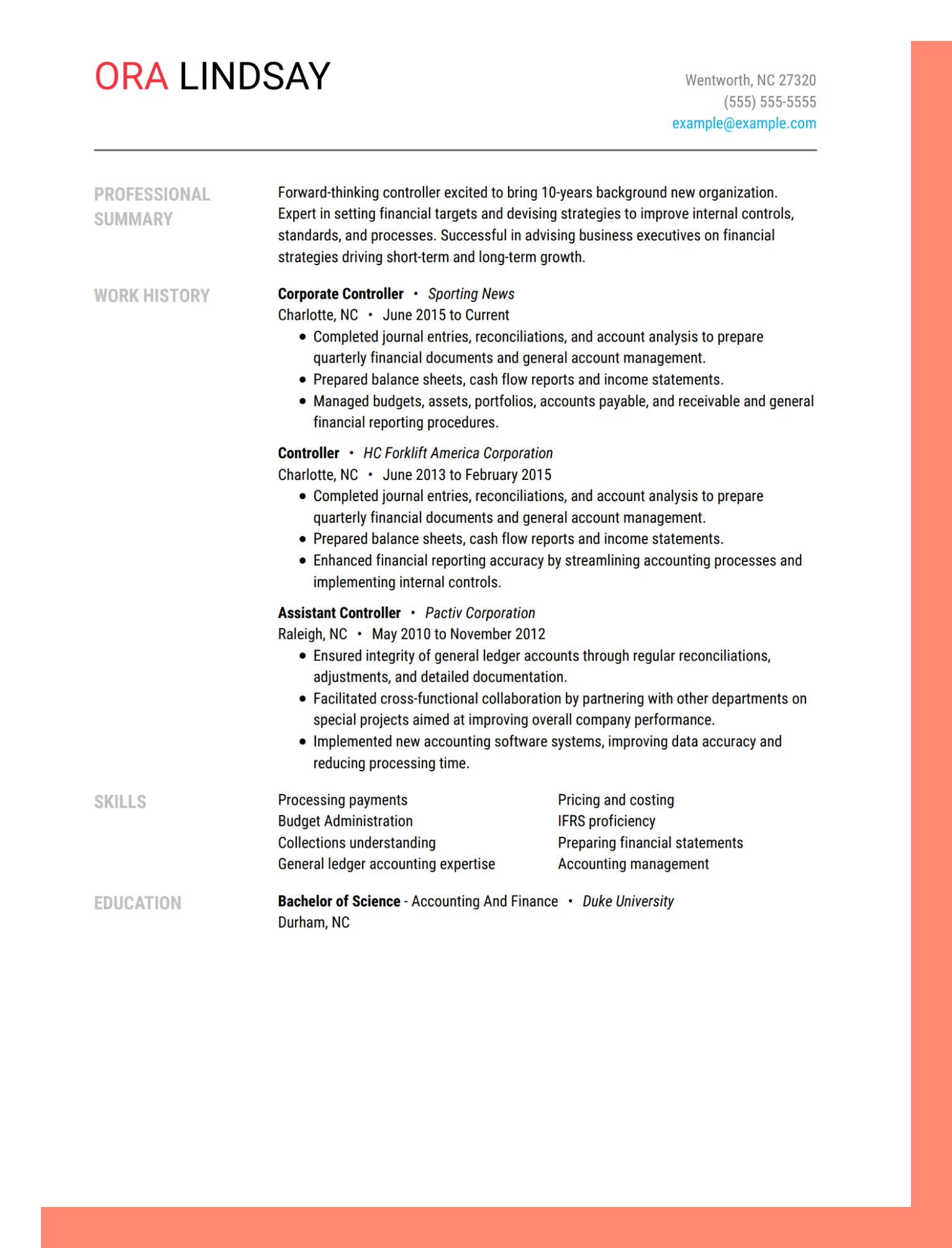Civil Engineering Resume Examples & Templates

- 30% higher chance of getting a job‡
- 42% higher response rate from recruiters‡
Our customers have been hired at:*Foot Note
Civil engineers design, build, and maintain systems and physical structures such as buildings, roads, canals, dams, tunnels and bridges, to name a few. Civil engineers work in various locations, such as construction sites, architectural firms, the military and government agencies.
Civil engineers can work in design, construction, education, and some work in supervisory positions.
No matter your civil engineering specialty, we can help you write a resume to beat the competition and obtain a great civil engineering job.
We’ll help you build the perfect civil engineering resume or CV and create an effective civil engineering cover letter to accompany it. Plus, we offer some great civil engineering industry resume examples, CV examples and cover letter examples to get you started.
Resume examples for top civil engineering jobs
More civil-engineering resumes by job title
Our customer reviews say it best
Our resume builder makes it easy to craft an impressive, ATS-friendly resume in just minutes.
- Free professionally designed templates.
- Expert suggestions for every section of your resume.
- Start a resume from scratch or edit your existing resume.
Civil engineering resume FAQ
What qualifications do I need to become a civil engineer?
Civil engineering jobs require at least a Bachelor’s degree in civil engineering or civil engineering technology. Licensure is necessary for most senior positions.
Civil engineers are expected to have the following hard and soft job skills:
- Project management.
- Delegation.
- Leadership.
- Analytical thinking.
- Verbal communication.
- Detail-oriented.
- Maintenance and repair.
- Presentation skills.
- Proactivity.
- Mathematical skills.
- Decision-making.
- Quality control.
- Budgeting.
- Problem-solving .
- Customer service.
- Time management.
- Blueprint reading and creation.
- Efficiency.
- Team management.
- Expediting.
- Creativity.
What’s the ideal resume format for a civil engineering resume?
There are three standard resume formats. The one you choose should depend on your level of work experience and career goals.
- Functional format: Entry-level applicants will benefit from this format. The layout focuses on skills, allowing you to showcase everything you can do.
- Combination format: This format puts the skills and work experience on equal footing. It is a great option if you have a few years of professional experience.
- Chronological format: Ideal for seasoned professionals with many years of experience, this format showcases expertise through a detailed work history section.
What is the outlook for a career in civil engineering?
According to the United States Bureau of Labor Statistics (BLS), civil engineering jobs are expected to grow 7 percent, with approximately 24,200 job openings through 2031.
How much do workers in the civil engineering field earn on average?
The BLS reports that as of May 2021, the median annual wage for the civil engineering sector is $88,050.00.
How we reviewed this article
Since 2012, we have helped more than 11 million job seekers. We want to make your career journey accessible and manageable through our services and Career Center’s how-to guides and tips. In our commitment to bring you a transparent process, we present our Editorial Process.

